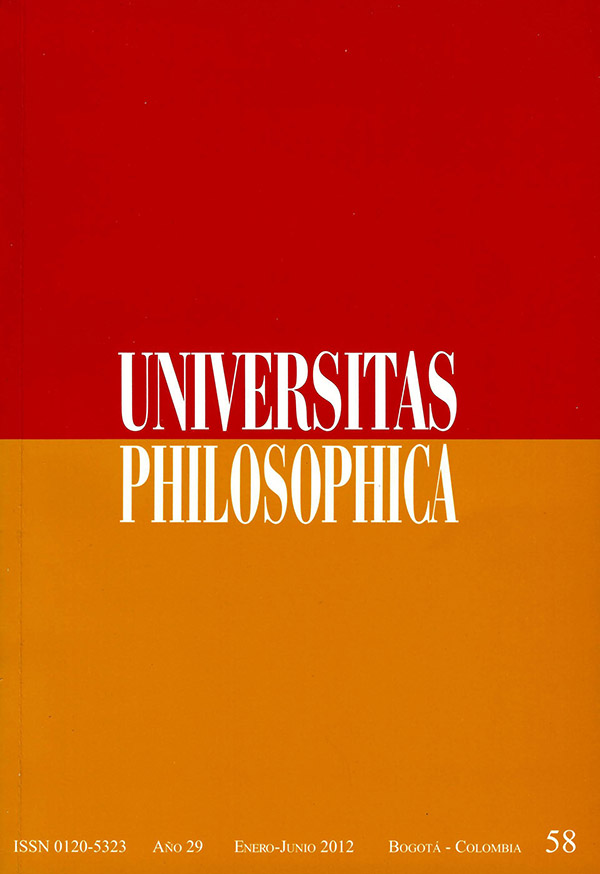Resumen
Una versión contemporánea de los movimientos sociales debe hacer énfasis en las posibilidades de creación de resistencias que enfoquen la perspectiva de alcanzar otros modos de vivir. Proponemos una perspectiva acontecimental (évènementielle) de los movimientos sociales que no deja lugar a connotaciones culturalistas fundadas en la presunción que los procesos de emancipación implican una desidentificación con miras a alcanzar otras “mejores” identidades. Si vale intentar una definición acontecimental de los movimientos sociales es porque guardamos la esperanza que en ellos existan mejores destinos. Lo que importa es la libertad y la creación colectiva de alternativas éticas sobre cómo construir otra vida. La idea es defender una política del acontecimiento como la base para entender los movimientos sociales. Las pregunta que intentamos desarrollar es ¿qué consecuencias políticas extraer cuando se considera que los movimientos sociales asumen que reflejan una crueldad de la vida y una ineluctable violencia que disuelve mundos, pero exige al mismo tiempo la construcción de otros?
Esta revista científica se encuentra registrada bajo la licencia Creative Commons Reconocimiento 4.0 Internacional. Por lo tanto, esta obra se puede reproducir, distribuir y comunicar públicamente en formato digital, siempre que se reconozca el nombre de los autores y a la Pontificia Universidad Javeriana. Se permite citar, adaptar, transformar, autoarchivar, republicar y crear a partir del material, para cualquier finalidad (incluso comercial), siempre que se reconozca adecuadamente la autoría, se proporcione un enlace a la obra original y se indique si se han realizado cambios. La Pontificia Universidad Javeriana no retiene los derechos sobre las obras publicadas y los contenidos son responsabilidad exclusiva de los autores, quienes conservan sus derechos morales, intelectuales, de privacidad y publicidad.
El aval sobre la intervención de la obra (revisión, corrección de estilo, traducción, diagramación) y su posterior divulgación se otorga mediante una licencia de uso y no a través de una cesión de derechos, lo que representa que la revista y la Pontificia Universidad Javeriana se eximen de cualquier responsabilidad que se pueda derivar de una mala práctica ética por parte de los autores. En consecuencia de la protección brindada por la licencia de uso, la revista no se encuentra en la obligación de publicar retractaciones o modificar la información ya publicada, a no ser que la errata surja del proceso de gestión editorial. La publicación de contenidos en esta revista no representa regalías para los contribuyentes.


